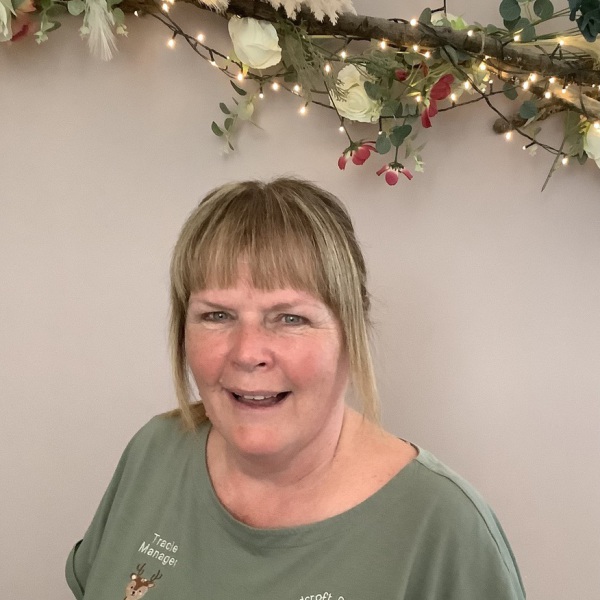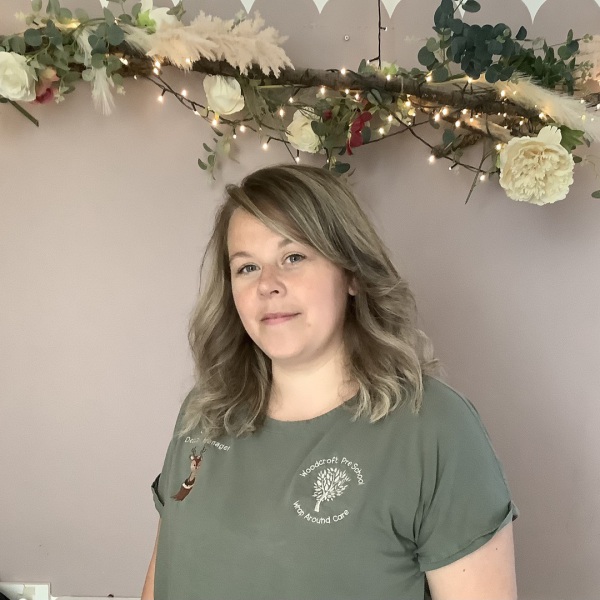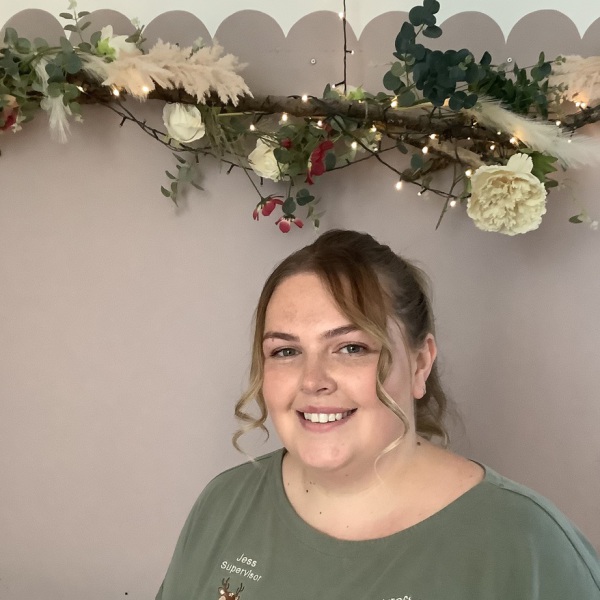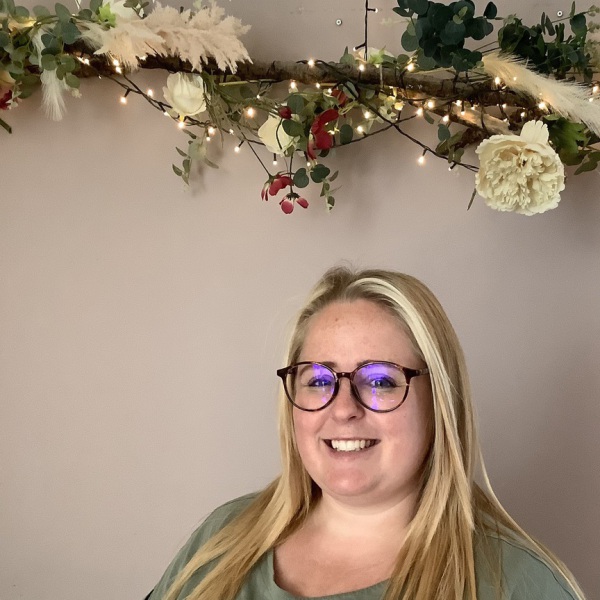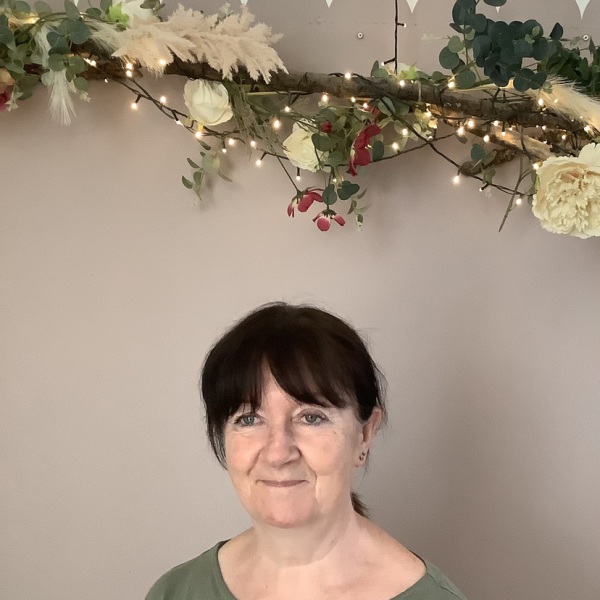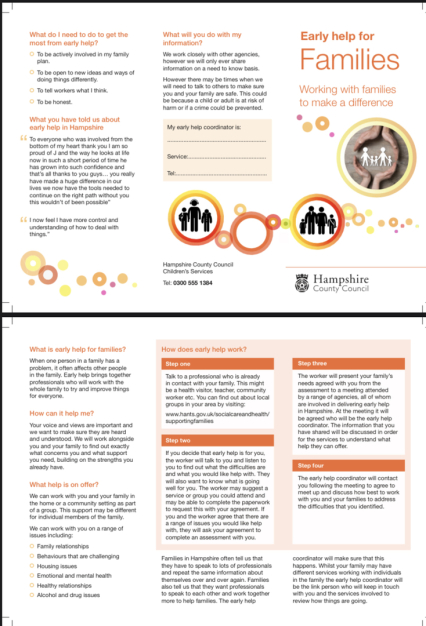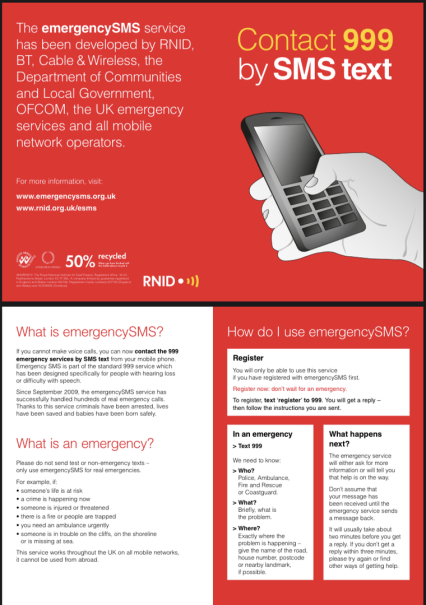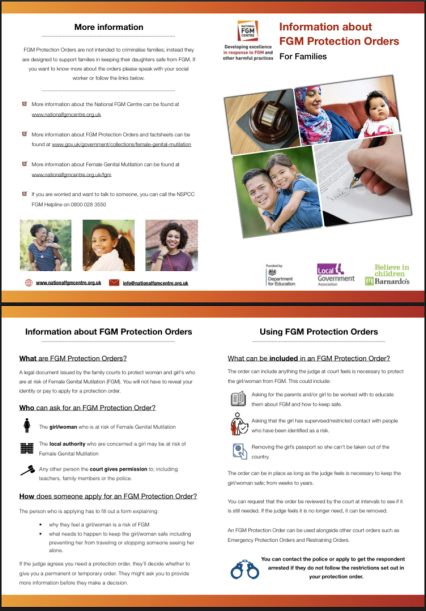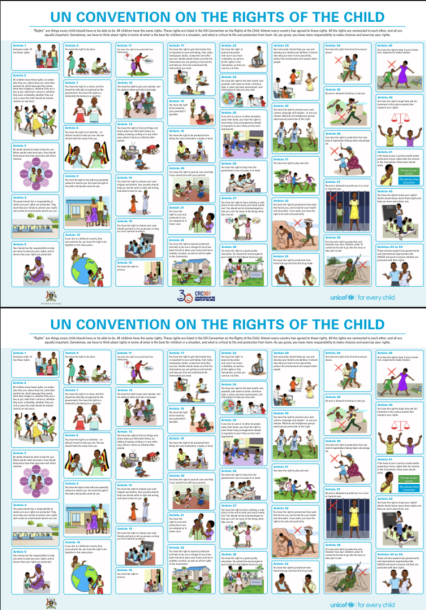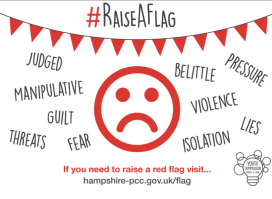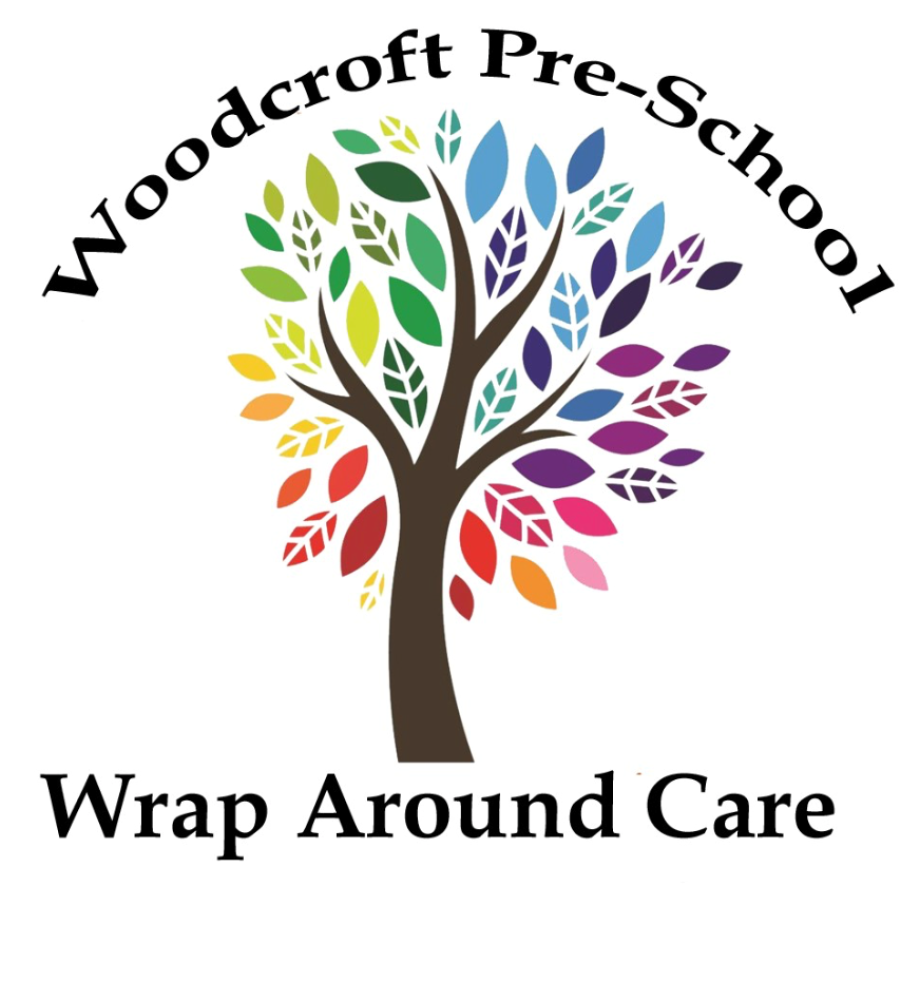
Safeguarding and Child Protecction
At Woodcroft Pre-School & Wrap Around Care we acknowledge our pastoral responsibility towards the children and recognize that we have a fundamental right to be protected from harm. We believe that children need to feel secure to learn effectively.
We believe that it is the responsibility of all staff and volunteers to be vigilant regarding child protection. Their day-to-day contact with the children gives us a positive role, as we can observe outward signs of abuse, changes of behaviour or failure to develop.
At Woodcroft Pre-School & Wrap Around Care we all share a commitment to:
• Maintain a secure environment where children are listened to and valued.
• Recognize the signs and symptoms of suspected abuse.
• Work closely with parents and other agencies.
• Monitor children at risk.
• Ensure that all staff are aware of and understand child protection issues.
• Use the curriculum to raise children’s awareness and self-esteem and to build confidence.
To achieve this, we will:
• Designate senior members of staff to have responsibility for child protection and safeguarding in the Pre-School, the Designated Safeguarding Lead Officers
• Have clear procedures and lines of communication.
• Follow procedures in referring suspected cases of abuse.
• Monitor children at risk and liaise with other agencies.
• Contribute to prevention through teaching, which helps children to protect themselves.
All settings have an important part to play in helping parents care for their children. They work with parents during times of stress offering support and respite.
Most children are subject to minor accidental injuries, but there may be occasions when we are concerned about the nature or frequency of the injury or are concerned about the response’s children give.
Our first responsibility and priority at Woodcroft preschool & wrap around care are to the children in our care, and if we have any cause for concern, we will report it to the relevant body following the Local Safeguarding Children Partnership procedures as required by the Children’s Act 1989, the Early Years Foundation Stage, and the Childcare Register requirements (Early Years and Childcare Registration handbook). The local procedures are available for parents/guardians to see on Hampshire Safeguarding Children Partnership’s website. We keep up to date with legislation and guidance and have knowledge and regard for the following documents:
- Working Together to Safeguard Children 2018 – A guide to inter-agency working to safeguard and promote the welfare of children
- Worried a Child is being Abused – Advice for Practitioners 2015
- Inspecting safeguarding in the early years, education, and skills settings – May 2019, Updated September 2019
- The statutory guidance - Keeping Children Safe in Education – 2021
- Information Sharing – July 2018
- Prevent Duty Guidance: for England and Wales and British Values 2015, updated 2019
Regarding the Prevent Duty Guidance: for England and Wales and British Values 2015, updated 2019.
Childcarers “are subject to the duty to have due regard to the need to prevent people from being drawn into terrorism. Being drawn into terrorism includes not just violent terrorism but also non-violent extremism, which can create an atmosphere conductive to terrorism and popularize views which terrorists exploit.” (page 11).
This means we are aware of the type of acts to look out for where adults and children may be drawn into terrorism and if we suspect this, we will inform the appropriate people. We are very aware that children are vulnerable and can be drawn into radicalization and terrorism. If we become aware of any signs and indicators we would contact the Prevent Duty Officer – Anti-Terrorist Hotline on 0800 789 321; or Hampshire Children’s Services on 0300 555 1384/Professional Line on 01329 225379 or email prevent.engagement@hampshire.pnn.police.uk. We are also aware of the Department for Education telephone helpline 020 7340 7264 if we have a concern. Concerns can also be raised by email to counter.extremism@education.gsi.gov.uk
Woodcroft preschool & wrap around care has a duty of care to the children to prevent this from happening and because of this we promote British Values. This is through activities covering Personal, Social and Emotional development and Understanding the World.
British values are: -
- Promoting Democracy – We ensure that every child has a voice and is listened to; children can give their opinion and comment.
- Promoting the Rule of Law – We teach children right from wrong, give them the opportunity to create their own rules and promote them; and helping children to understand the consequences of their own behaviour and that of others.
- Individual Liberty – this means freedom for all. We encourage children to have a positive attitude about themselves; provide activities that increase self-esteem and confidence. We allow children to take risks and make positive contributions.
- Mutual Respect and Tolerance – We have an ethos of inclusivity, where all children are part of our family and that difference are not barriers. We celebrate different world faiths, learn about different cultures and teach children to respect others. We promote positive attitudes and do not stereotype people.
Woodcroft preschool & wrap around care recognizes and implements the UNCRC “Rights of the Child”. The articles that refer to Child Protection are: -
- Article 19 (protection from violence, abuse, and neglect) Governments must do all they can to ensure that children are protected from all forms of violence, abuse, neglect and bad treatment by their parents or anyone else who looks after them.
- Article 33 (drug abuse) Governments must protect children from the illegal use of drugs and from being involved in the production or distribution of drugs.
- Article 34 (sexual exploitation) Governments must protect children from all forms of sexual abuse and exploitation.
- Article 35 (abduction, sale, and trafficking) Governments must protect children from being abducted, sold, or moved illegally to a different place in or outside their country for the purpose of exploitation.
- Article 39 (recovery from trauma and reintegration) Children who have experienced neglect, abuse, exploitation, torture or who are victims of war must receive special support to help them recover their health, dignity, self-respect, and social life.
As a setting, Woodcroft preschool & wrap around care are aware of the signs and symptoms of child abuse; for example, Physical, Sexual, Emotional and Neglect; Domestic Abuse and Bullying, plus other types of abuse such as Female Genital Mutilation (FMG), Breast Ironing, online abuse, County Lines, Upskirting, etc.
Peer on peer abuse We recognise that children and young people can abuse their peers. Peer on peer abuse relates to situations such as sexual exploitation, gang violence, financial abuse, coercive control, and exploitative relationship in teenagers. We want all children to feel safe here and, as part of our commitment to keep them safe, we regularly observe children’s interactions and aim to be approachable, so they will speak to us if they are concerned about any aspects of their relationships with others. Parents can contact us at any mutually convenient time to discuss concerns children might raise at home.
To put the above into practice we:
- Keeps up to date with child protection issues and relevant legislation by taking regular training courses and by reading relevant publications, such as Ofsted information and childcare magazines. We have had training on Safeguarding for Early Years and Childcare Providers Level 3 and 4; Prevent Duty Guidance; Channel General Awareness and Female Genital Mutilation. Through these training courses we have been made aware of the signs, symptoms, and indicators to look for and what to do if we suspect any are taking place. Woodcroft preschool & wrap around care also does considerable reading on the subject to gain knowledge and keep up to date. We keep up to date by exchanging information with other professionals such as childminders, nurseries, schoolteachers, speech and language and other health care professionals, looking at our Local Authorities Safeguarding Partnership website and the NSPCC.
- In our training which we regularly update, we are made aware of possible inappropriate behaviour of other people entering the setting, e.g., inappropriate sexual comments, excessive one-to-one attention. Our attention has also been brought to the inappropriate sharing of images, as there has been exposure of improper use of images in other nurseries this has been completed through case studies. Please see our ‘Data Protection’ policy to reassure you of our procedures within the setting of any photos or videos taken of your child/ren and their use, plus the use of mobile phones
- We work together with parents to ensure the care of the child is consistent.
- Children will only be released from our care to the parent/guardian or to someone named and authorized by them. Identification will be required by persons we have not previously met o a signature will be required to check against the emergency contacts on the child’s admission form.
- The security of the premises ensures that children cannot leave the premises unsupervised. Our doors are locked, and a monitor is provided to talk to other visitors on site that we are unsure of, i.e. their identity.
- If we suspect or know that a parent has been drinking or on drugs, we will call their emergency contact to come and collect their child.
Parents must notify us of any concerns they have about their child which could affect their behaviour, and any accidents, incidents or injuries affecting the child by calling on 02392595665 or contacting us via classdojo.
Unless we believe that it would put the child at risk of further harm, we will discuss concerns with the child’s parents if we notice:
- Significant changes in a child’s behaviour.
- Deterioration in children’s general well-being.
- Unexplained bruising, marks or signs of possible abuse or neglect.
- Children’s comments which give cause for concern.
- any reasons to suspect neglect or abuse outside the setting, for example in the child’s home; and/or
- inappropriate behaviour displayed by other members of staff, or any other person working with the children. For example: inappropriate sexual comments; excessive one-to-one attention beyond the requirements of their usual role and responsibilities; or inappropriate sharing of images.
We recognize the additional barriers that exist when recognizing the signs of abuse and neglect of children with special educational needs and/or disabilities. We know that we must think abuse before Disability. We are also aware that a child’s behaviour, mood or injuries may be associated with abuse and should not be thought of as just ‘bad behaviour’.
If a child tells us that they or another child is being abused, we will:
- Show that we have heard what they are saying, and that we take their allegations seriously.
- Encourage the child to talk, but we will not prompt them or ask leading questions. We will not interrupt when a child is recalling significant events and will not make the child repeat their account.
- Explain what actions we must take, in a way that is appropriate to the age and understanding of the child.
- Record what we have been told using exact words where possible.
- Make a note of the date, time, place, and people who were present at the discussion.
Woodcroft preschool & wrap around care will call the local children’s services’ duty desk, Hampshire Safeguarding Children Partnership for advice and an assessment of the situation and/or complete the on-line referral form. We will follow this telephone call up with a letter/email to the duty team within 48 hours. We will record the concern in writing for our own documentation. The concern will then follow the procedures as set out within the Working Together to Safeguard Children document. If we have not heard back from children’s services within 72 hours, we will call back again and continue until we know action has been taken.
To protect the setting against allegations of abuse to include all persons on the premises we will:
- Ensure all members of staff have an Enhanced Criminal Records Bureau Check (CRB) or an enhanced Disclosure and Barring Service check. (DBS)
- Ensure that if we take on a person under the 18 years of age, for work experience or similar, they will be always supervised with the children
- Ensure all visitors to the setting sign the visitor’s book, identification is taken, and they understand fully our visitors’ rules.
- No one to have unsupervised access to the children under any circumstances. (Setting Risk Assessments are completed to show how we protect children)
- Ensure that if workers are in the setting the children are always supervised and play in a separate area to where the workers are (where possible).
- Document every accident and incident that occurs whilst in the setting’s care, informing parents and requiring them to sign records. We note if someone refuses to sign an incident report.
- Note any marks on the children when they arrive and ask parents to inform Woodcroft preschool & wrap around care of any accidents that have occurred whilst outside my care or of any medication already taken.
- Keep accurate records on each child and a learning journal of all children in the Early Years Foundation stage attending full days and inform other parents of children over 5 years of any significant events/incidents.
- Teach children self-help skills to promote independence and confidence.
- Woodcroft preschool & wrap around care must attend/update Safeguarding and Child Protection knowledge at least yearly and complete training as per the requirements of the Local Authority.
- We will never give guarantees of confidentiality or secrecy to children or adults.
- We will never use inappropriate language or actions when speaking with children or parents.
- We will dress suitably for working with children.
- Parents must be informed that physical contact and touch is essential to provide high quality care and be sensitive to a child’s needs. i.e., a cuddle for a child who has hurt themselves.
- Any visitors to the setting will be told NOT use their mobile phones. Staff will also only be able to use mobile phones on breaks and are to keep them in a secure place (mobile phone box) as agreed by the setting’s Designated Safeguarding Lead and management. Designated safeguarding leads and management can access the phone box with the key, staff to ask them to get their phone for them if they are needing it for their break or to go home.
If an allegation is made against Woodcroft preschool & wrap around care, or any other person within the premises we will report it to Ofsted and children’s services to the Local Authorities Designated Officer, following Hampshire’s Safeguarding Children Partnership procedures. This will be followed up in writing as soon as possible but at the latest within 14 days. We will also contact our insurance company for support and advice. A referral can now be made on the on-line referral form to the Local Authority Designated Officer (LADO).
If there is anyone in the setting or in any other childcare setting which we suspect is abusing a child, we will not hesitate to inform the Local Authorities Designated Officer and ‘whistle blow’. We will also call OFSTED. Staff know that anyone can abuse a child and are aware of how to Whistle blow on any member of Woodcroft preschool & wrap around care. Should a person leave the setting where they are no longer suitable to look after children, we will inform the Disclosure and Barring service.
In all instances, we will record:
- the child’s full name and address
- the date and time of the record
- factual details of the concern, for example bruising, what the child said, who was present.
- details of any previous concerns
- details of any explanations from the parents
- any action taken such as speaking to the parents.
It is not our responsibility to attempt to investigate the situation ourselves.
Safeguarding Policy Guidelines
Role of the Designated Safeguarding Lead Officer (DSLO)
• To act as the focal point for reference and advice to staff.
• To be the first line of discussion of reported concerns from staff.
• To liaise with and advise the manager on any matters in respect of reported or suspected abuse (where the DSLO is not the manager).
• To monitor any child where concerns have been raised, using the threshold to support findings of each individual child to achieve a full picture of the concerns raised. Making sure we record all information to create an effective chronology.
• Threshold to be highlighted and dated so we can support the family with the right stage of Early Help.
• To support families in need and give them the correct support and (identify their needs early on using the Threshold) from the following:
• Level 1 (Universal) All families and children where there are no specific needs
• Level 2 (Early Help) Families where there is a need for support, but this can be met within a specific setting e.g. pre-school or school, and by one single service or agency, i.e. a speech and language therapist providing advice and help
• Level 3 (Targeted Early Help) A family or child with many needs requiring more than one service or agency to be involved
• Level 4 (Statutory Social Care) A family or child with a high level of unmet and complex needs, and in need of children's social care intervention
• To monitor children on the ‘At risk register’.
• To provide training to all staff on procedures to be followed in cases of child abuse.
• To provide information to all staff on the identification of child abuse.
• To attend training as appropriate.
• To liaise with other agencies in the Local authority involved with child protection.
• To ensure that the correct procedures are followed.
Designated Safeguarding Lead Officers are:
Tracie Voysey
Claire Voysey
Jess Voysey
Emily Taylor
Jan Fieldson
The Manager is to be informed of all safeguarding within the setting.
Staff responsibility
All staff have a duty to report suspicion, concern of disclosures of abuse to children directly to the DSLO (or manager if she is not the DSLO).
Concerns or suspicions should be discussed with the DSLO. A decision will be made to report the matter to Social Services, or to monitor the matter internally. If a decision is made to monitor, the DSLO will decide the extent of this monitoring. Authority guidelines will be followed. If it is felt that adequate explanations for the changes in the child’s conditions have not been provided, the confidential records will be shared with the Social Services Department. Making a referral needs to be on an interagency referral form unless it constitutes an emergency or advice is needed, then the DSLO is advised to call children’s service. Once an Inter-agency referral form is completed a copy is retained for the child’s personal file. The child’s parents will be informed when this is done. Details will be kept of the registering authority, including names and addresses and telephone numbers of individual social workers, to facilitate a good relationship in an emergency. Details of the local NSPCC or other contacts will also be kept as appropriate.
The DSLO or Manager will report a disclosure or clear evidence of abuse directly to Social Services. If it is an emergency and the child is in immediate danger, the police will be informed and the support of Social Services be sought in order to protect the child.
If a child makes a disclosure of abuse to a member of staff it is important that you record this at the earliest opportunity (within 24 hours). If a child makes a disclosure of abuse, or through comment suggests that there may be abuse, this should be reported to the DSLO Immediately. The interview should be recorded in writing (preferably immediately or at the latest 24 hours).
NB. Care should be taken in questioning a child – refer to the DSLO. It is the role of the police and Social Services to investigate.
Remember:
The welfare of the child is paramount. Do not delay in making a referral if you are at all concerned.
Safeguarding through the curriculum
At Woodcroft Pre-School & Wrap Around Care we believe in providing learning that helps to promote the children’s welfare in a safe environment:
• The Pre-School will develop a personal, social program to raise children’s awareness and build self-esteem.
• Where and when possible, the pre-school will encourage the involvement of outside agencies such as the health service to support our curriculum. When an outside visitor/professional (for example, Speech and language therapist area inclusion, social worker, support worker etc.) attends the setting they will be accompanied by a staff member this is to protect the professional and the child from any form of allegation and to support the child with the unknown person talking to them. We see it as good practice to keep all parties who attend out setting to be supported in the correct way.
Emergency Phone Numbers:
Other useful numbers:
- Child line: 0800 1111
- NSPCC Child protection helpline: 0808 800 500 (24 hour free advice and info)
- Kidscape: 02077 303 300
- Parent line: National helpline: 0808 800 2222
- The children’s legal centre: 01206 873 820
Child protection referral:
- Hants Direct Children’s Services Department 0300 555 1384 (8.30 am to 5.30 pm) or 0300 555 1373 out of hours
- Professional Line (if the case is urgent) 01329 225379
- Hampshire Authority Designated Officer (LADO) - Barbara Piddington 01962 876364
- Police Child Investigation Unit 0845 045 4545 (child/ren at immediate risk)
- Prevent Duty Officer (National) 0800 789 321
- Ofsted whistle blowing hotline: 0300 123 3155
Adobe Acrobat document [399.0 KB]
Adobe Acrobat document [129.9 KB]
Adobe Acrobat document [370.9 KB]
Adobe Acrobat document [94.3 KB]
Adobe Acrobat document [7.1 MB]
